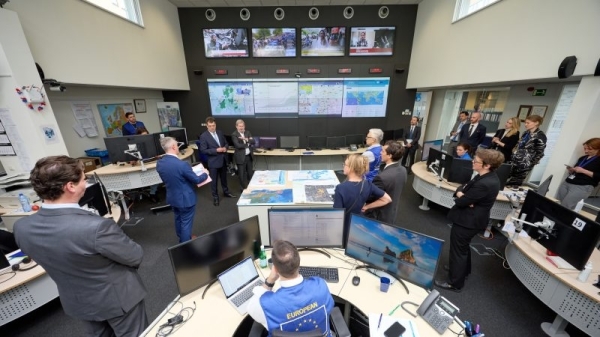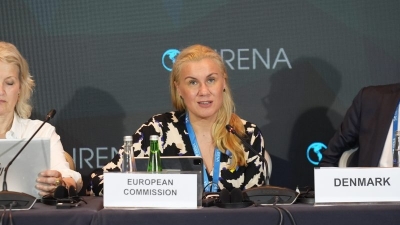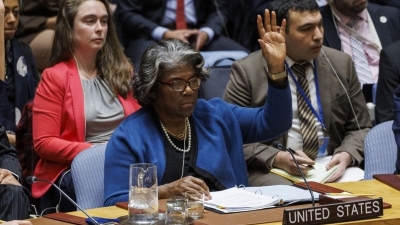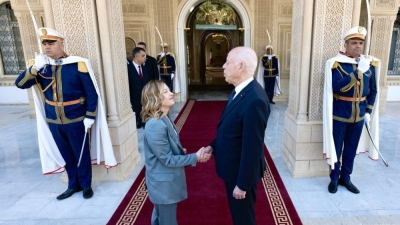EU doubles firefighting air fleet ahead of ‘busy, busy summer’

The European Union has doubled to 28 the number of aircraft available to help fight forest fires in the bloc and neighbouring countries, the EU commissioner for crisis management Janez Lenarčič said.
The 10 water-bombing Canadair planes, 14 light amphibious planes and four helicopters will be on hand for what threatens to be a “busy, busy summer,” he said in an interview with the European Newsroom, which groups European news agencies including AFP.
“This year has already started much drier than average,” he said, noting parched conditions until recently in Portugal, Spain, southern France and northern Italy – some of which have since experienced flooding as rainwater struggled to permeate dessicated soil.
The unusual early dryness, combined with climbing temperatures Europe is now experiencing, are, “of course, a major driver of forest fires,” Lenarčič said.

Spain’s wildfire season starts early, amid summer-like temperatures
Spain’s first major wildfire of the year scorched more than 4,000 hectares of forest and forced 1,700 villagers to leave their homes in the Valencia and Aragon regions.
After 2022 brought the hottest European summer on record, European Commission chief Ursula von der Leyen in September announced the plan to double the firefighting air fleet.
The fleet is dispersed strategically across the EU, so that it can respond quickly right across the bloc when blazes flare in the critical June-to-October months.
The aircraft are stationed in 10 member states: Croatia, Cyprus, the Czech Republic, France, Germany, Greece, Italy, Portugal, Spain and Sweden.
The EU provides the funds so the national authorities of those countries can keep the fleet, known under the name rescEU, in a state of readiness.
Key firefighting tools
The low-speed aircraft are key assets to counter forest fires, with their ability to dump tonnes of water on flames at precise locations.
The Canadairs in particular, aircraft made by Canada’s De Havilland company, have proven their value time and again in previous fire seasons.
In addition, Lenarčič said, more than 400 firefighting personnel will be pre-positioned in Greece, France and Portugal.
He gave his interview in the EU’s Emergency Response Coordination Centre in Brussels, a control room with a wall of monitors, a map table and work stations used to direct bloc-wide crisis operations.
The centre this month celebrates a decade of existence, supporting the EU’s civil protection mechanism that has been used, among other things, to send equipment, food and medicine to war-torn Ukraine since the start of the Russian invasion.
It was also activated to dispatch COVID-19 vaccines to non-EU countries, and for the repatriation of EU citizens during the coronavirus pandemic.
Most recently, it has been used to help populations struck by a devastating earthquake that rippled across southeastern Turkey and northern Syria.
The EU mechanism was created in 2001. In its first two decades, it was activated an average 20 times a year.
In the last couple of years, that has jumped to around 100 times a year, Lenarčič said, adding that it would likely need more funding in the years to come to cope.
On top of man-made and natural disasters such as Ukraine and quakes, “we will increasingly face weather-related events that are a consequence of the climate crisis,” Lenarčič warned.
“There should be more funding because of the climate change, because we are witnessing an increased frequency and intensity of natural disasters in particular.”

Europe on fire: Wildfire trends in the EU and how to prevent them
As climate change leads to higher average temperatures and more erratic rainfall, Europe is predicted to experience an increase in the scale and duration of its wildfires.
Read more with EURACTIV




